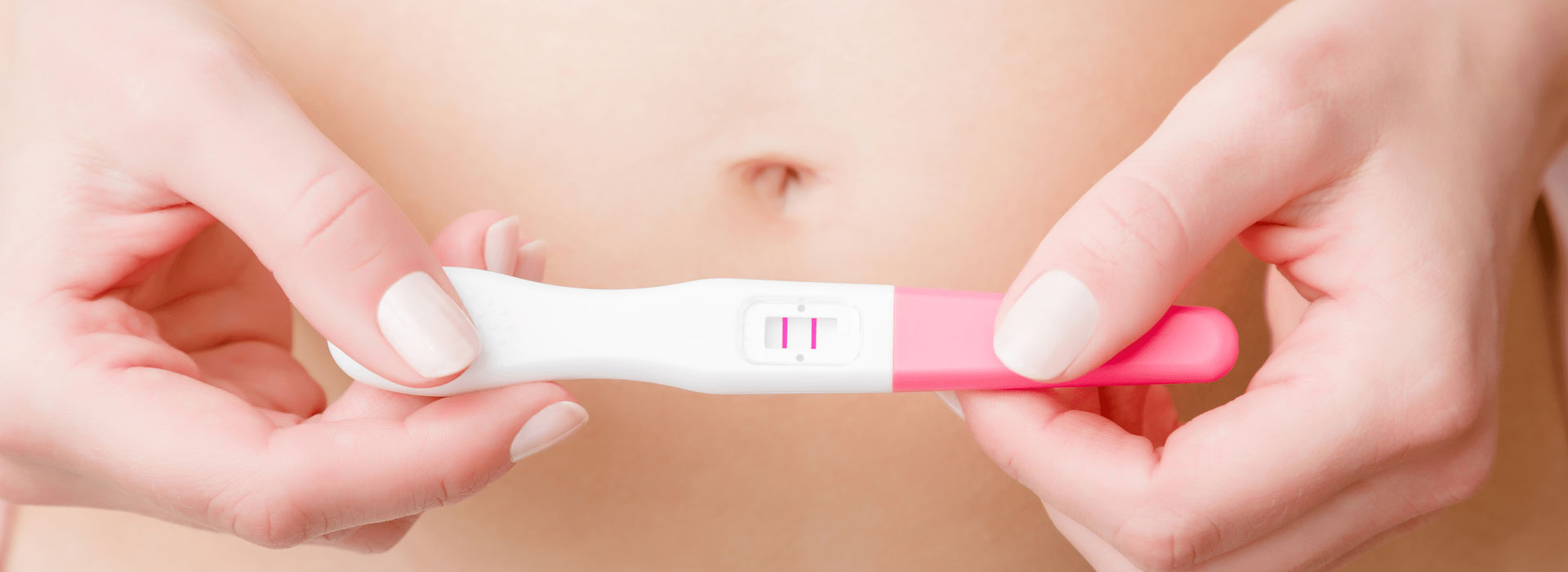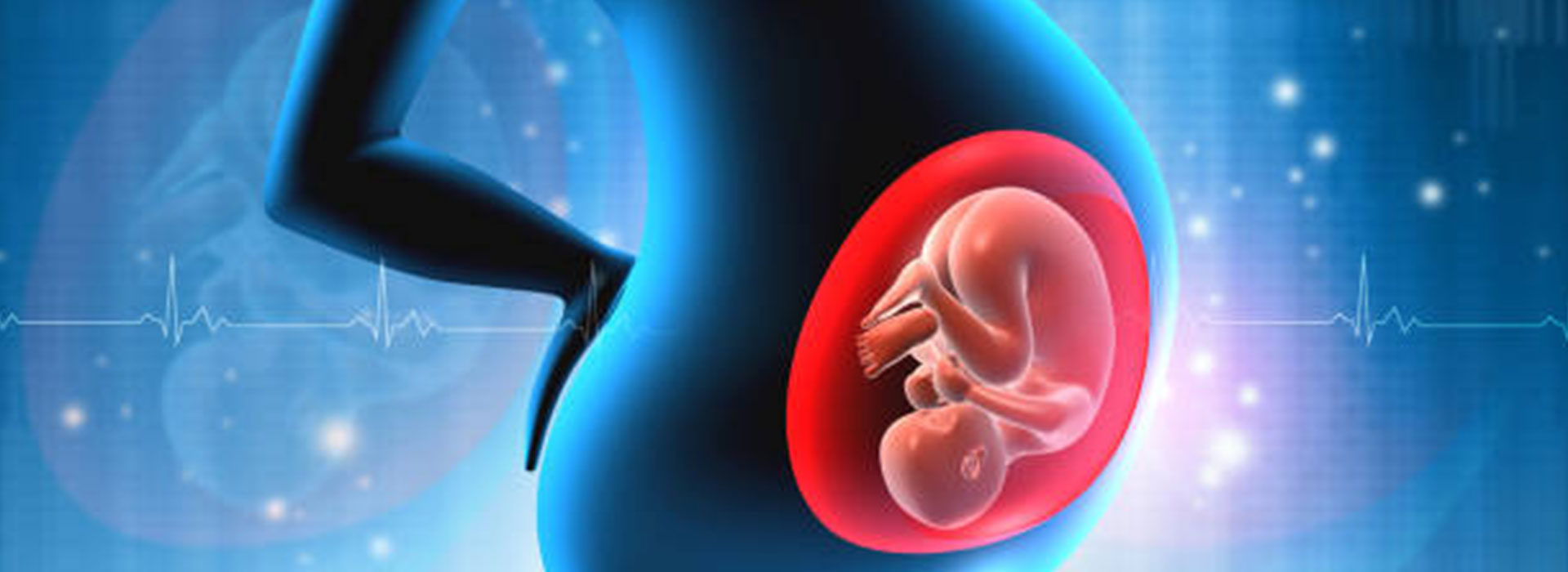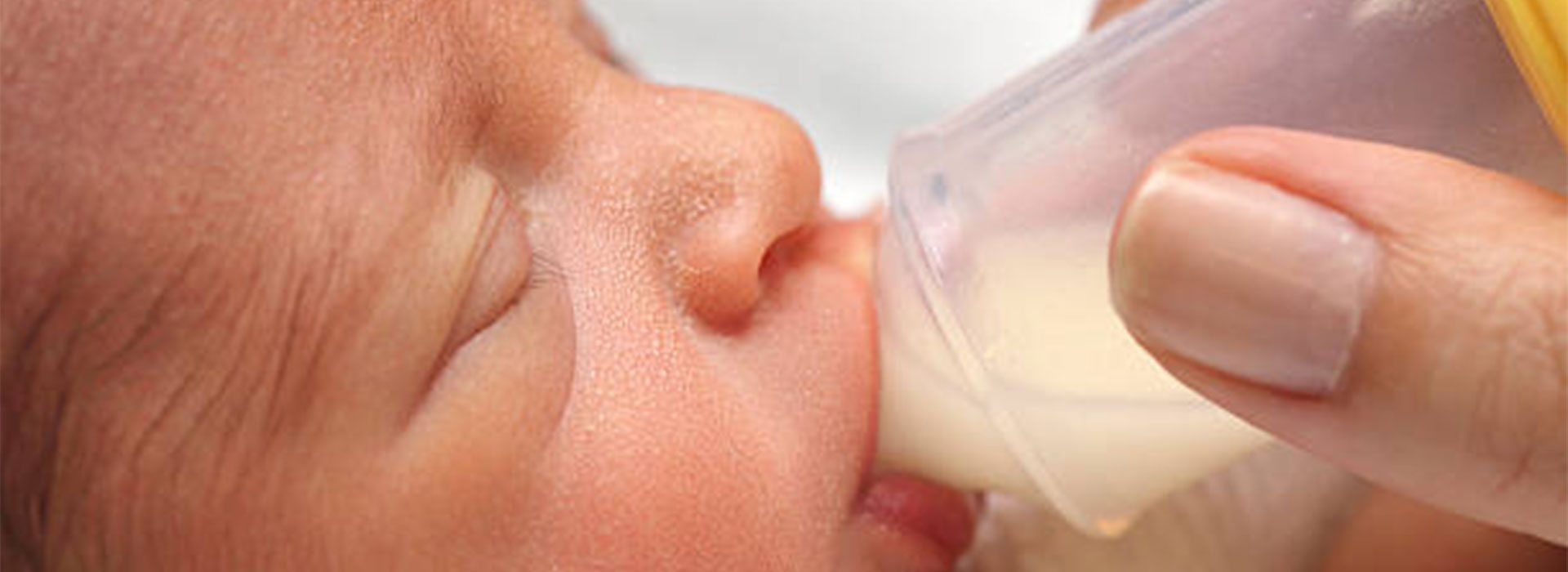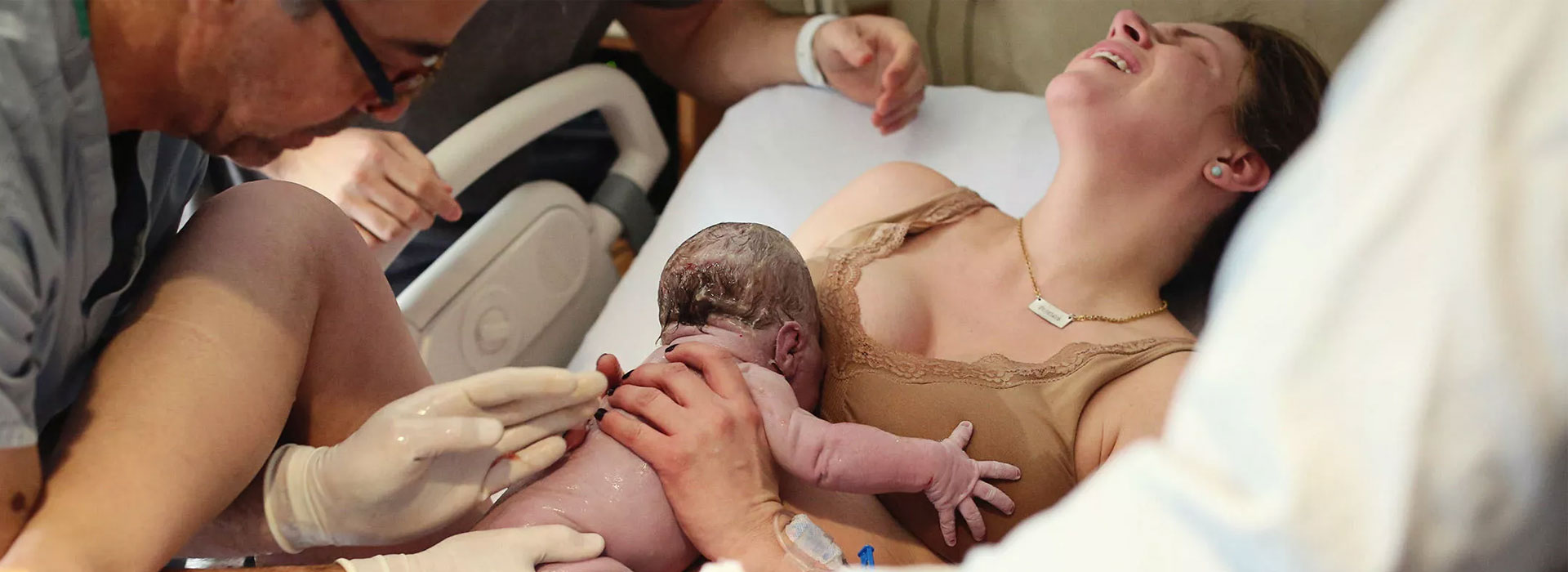CONFIRMING THE PREGNANCY
Am I pregnant? When you are trying to conceive, you will ask this question with great hope in your heart.
If you are pregnant, your body starts going through changes from the time of conception in order to support growth in the group of cells that will be a fetus eventually. One of the things that happen right after conception is the production of the hCG hormone. Shortly after a fertilized egg attaches to your uterine lining (implantation), the placenta starts forming and produces hCG, which enters your bloodstream and urine. This usually happens about six days after fertilization.
All pregnancy tests work by detecting the hCG levels in your
urine or blood. The levels of hCG
build up quickly after conception - doubling every two to three days.
So
what are the symptoms of pregnancy that help you confirm that you are pregnant?
One
of the most common indicators of pregnancy is a missed period. But there are
several early symptoms that the body sends out even before a missed period
happens – for instance, sensitivity to smells, bouts of nausea, raised basal
temperature, soreness in your breasts, and more. They may leave you wondering
if you are experiencing PMS, or if they are indicating a possible pregnancy.
If
you are experiencing any of the symptoms mentioned above, you can do the
following to confirm if you are pregnant:
Urine Test at home
You
can test your urine to see if you are pregnant with a simple home pregnancy
test. It can be used a day after you miss your period, but in order to get
accurate results, it is generally suggested that you wait at least a week after
the missed period date.
Here’s
why: Home pregnancy tests detect the ‘pregnancy hormone’ Human Chorionic
Gonadotropin (hCG) in your urine. The amount of hCG
in your urine increases as the pregnancy progresses. So, the earlier after a
missed period you take the test the harder it is to spot the hCG. The test
result will be more accurate a week after the missed period.
Here’s how it works: The stick given in your home pregnancy test has a chemical that changes colour when it comes in contact with hCG. The way you use the test kit will vary – most will involve urinating on the test stick by holding it under you. Some tests let you collect the urine in a cup and then dip the test stick into it. Make sure you check the expiry date on the kit before purchasing it. Leave the pregnancy test undisturbed and check the result after the stated time in the kit and then check the result. It can take upto ten nail biting minutes to deliver an accurate reading.
It is suggested that you try doing
the test first thing in the morning. Why? Because that is when your hCG levels
are the most concentrated and therefore more easily detected. Try not to take
too much fluids before a pregnancy test. Some studies suggest this may dilute
hCG levels. Note that some medicines may affect the test results. Talk to your
medical practitioner about the medicines you are taking before trying to
conceive.
It is best
to take a home pregnancy test twice. Your results may differ if the test is
taken too early after a missed period. Sometimes the levels of hCG in your
urine can be too low to detect that early on.
The advantages with home pregnancy
tests is that they are private, inexpensive, available over the counter and can
be used easily.
Another
option is to get a clinical urine test at your doctor’s office. This may not be
more accurate than a home pregnancy test, but your doctor’s expertise may help
eliminate possible factors that may affect the test.
Blood Test for Pregnancy Hormones
In general, home pregnancy tests are quite accurate. However, a blood test for pregnancy is more sensitive to hCG than home pregnancy tests, because it can detect the hormone even in low quantities. And you can find out if you are pregnant sooner than you would with a home test. How much sooner? That depends on your menstrual cycle. A blood test can detect pregnancy between 6 and 14 days after conception.
The
disadvantage here is that blood tests are usually more expensive, and the
results are not instantaneous like home pregnancy tests because the blood is
sent to a lab for analysis.
You
could also get a blood test after a home pregnancy test to confirm the results
and/or if you think you got a false positive or a false negative. Your doctor may ask you to do a series of blood tests to
trace the level of hCG over a span of time.
To check for pregnancy, two types
of blood tests are done:
A
qualitative hCG test which checks for hCG levels. A quantitative hCG test (beta
hCG) which measures the exact amount of hCG in your blood. This blood test can
detect very low levels of hCG.
In
rare cases, you may get a false-positive result from a home pregnancy test.
What does that mean? A false-positive means you are not pregnant but the test
says you are. How does this happen?
● There could be blood or protein in your urine.
● Some medicines can cause false-positive results.
● A false-positive result could also be due to a
chemical pregnancy - that is, your pregnancy ends shortly after the egg has
attached to the uterine lining.
●
Certain ovarian
conditions like cysts can also cause false-positive results.
You could also end up with a
false-negative result – that is, you are pregnant but the test says you are
not. if you test too early or use a home test incorrectly, it may lead to a
false-negative. To avoid that, follow the instructions on the kit. And remember,
for an accurate result, it is important to wait at least 7 days after a missed
period so that the test can detect hcG levels.
Whatever
result you get, it is recommended that you try retesting within about a week to
make sure it is correct. If you take the test twice and get different results,
call your doctor. A blood test is recommended to confirm the results, if you
feel they are inaccurate.
If the test (or tests) is positive
- congratulations! You are officially the co-creator of the baby in your womb!
You can look forward to the rest of your pregnancy journey till the end result,
the most important result of them all - holding your little one in your arms!







